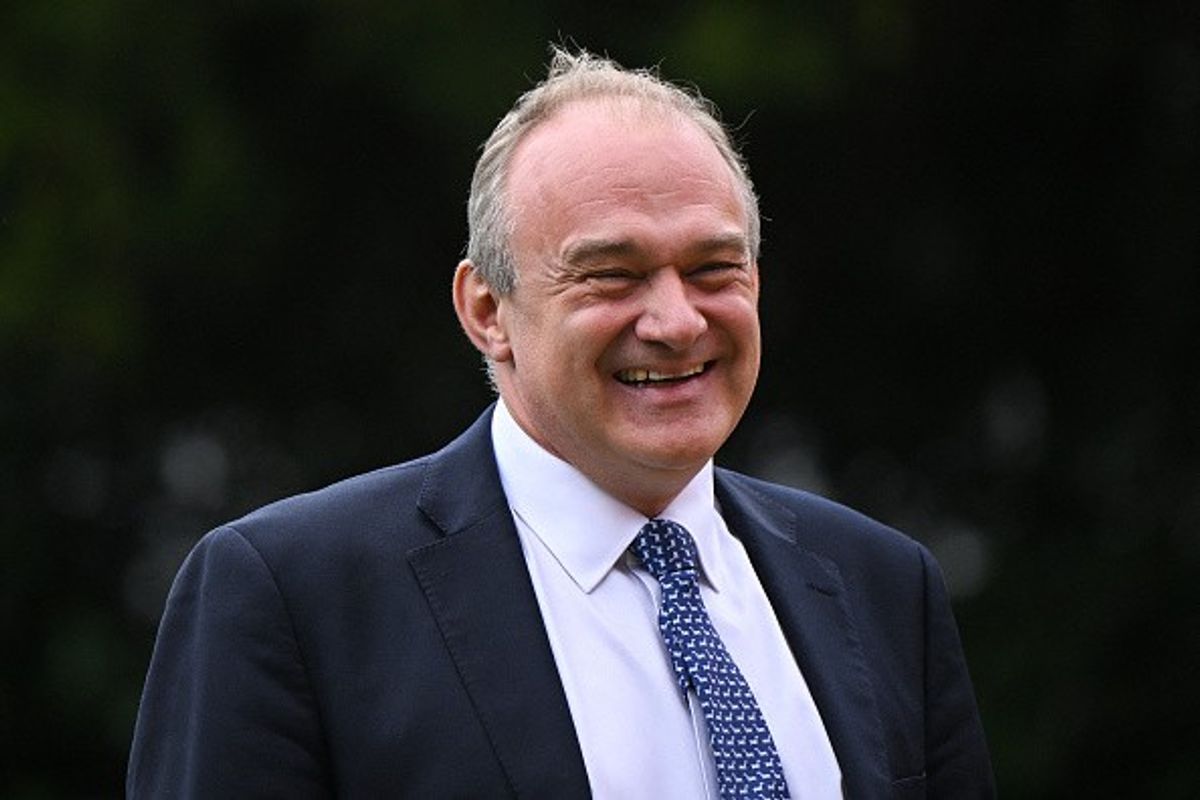Former postal affairs minister Sir Ed Davey has said that he would have “acted differently” if the “Post Office had told the truth”. He also suggested that he was repeatedly lied to by Post Office senior executives including former boss Paula Vennells and David Smith, former managing director.
In his witness statement to the Horizon IT inquiry given today (18), Sir Davey said that he was "seriously misled by the Post Office".
"With all issues in such a busy portfolio, you had to be able to rely on the advice of civil servants, and you were not in a position to dig into the detail of every question that came across your desk. As I have stated publicly, I believe I was seriously misled by the Post Office. I do not know if one or more civil servants misled me during my time as a minister, or if they were themselves misled by the Post Office. I hope the inquiry can shed light on this.
"However, if I had known then what we all know now - if the Post Office had told the truth - of course I would have acted differently," he said.
Asked about this by Jason Beers KC, counsel to the inquiry, Davey said, "Yes, I now know I was being lied to. I follow this inquiry, and it’s pretty clear what they told my officials was not true."
Asked which executives had lied to him and his officials, Davey said, "The senior executives I dealt with were David Smith and then Paula Vennells. There may have been one or two others…. And they were the ones giving the information to my officials and to me. So they were the people passing information which was untrue."
Smith was the Post Office’s managing director between April and December 2010, and Vennells was chief executive of the Post Office from 2012 to 2019.
Sir Davey also apologised to Sir Alan Bates for declining a meeting with him in May 2010. On being suggested that he only agreed to meet Sir Bates after the mainstream media started to pick up the story, Davey denied this was the case, saying had been insisting that he decided to meet Bates in the summer before he learnt that Channel 4 were planning to run a news story.
It also appeared in the inquiry that Sir Davey repeatedly evaded questions by Priti Patel, the former home secretary, over the effectiveness of the Horizon system in 2010.
The Post Office Inquiry was shown a series of four parliamentary questions Dame Priti submitted to the then junior minister, which asked about a review of the IT system and an estimate of the cost of Horizon errors. In response to the majority of the queries, Sir Ed forwarded responsibility onto David Smith, the former Post Office managing director, under the claim that the company’s operational running lay with the courier itself.
On one occasion in July 2010, Dame Priti asked how many times ministers had held discussions with Post Office Ltd over the faulty Horizon system in the last five years.
In a draft response shown to the inquiry, Sir Davey replied, “The Horizon system is an operational responsibility of the company and I have had no such discussions… I am therefore unable to provide the information requested.”
Sir Ed Davey has said he only became aware of the wrongful convictions of 900 sub-postmasters because of the Post Office Inquiry. In his witness statement, the Liberal Democrat leader said he was not aware that the Post Office or Royal Mail Group had obtained convictions against any sub-postmasters.
Asked by lead counsel Jason Beer KC when he did then become aware, he said, “I’m trying to think if it was during this inquiry procedure, I think it probably was. I certainly did not realise it when I was a minister.”


